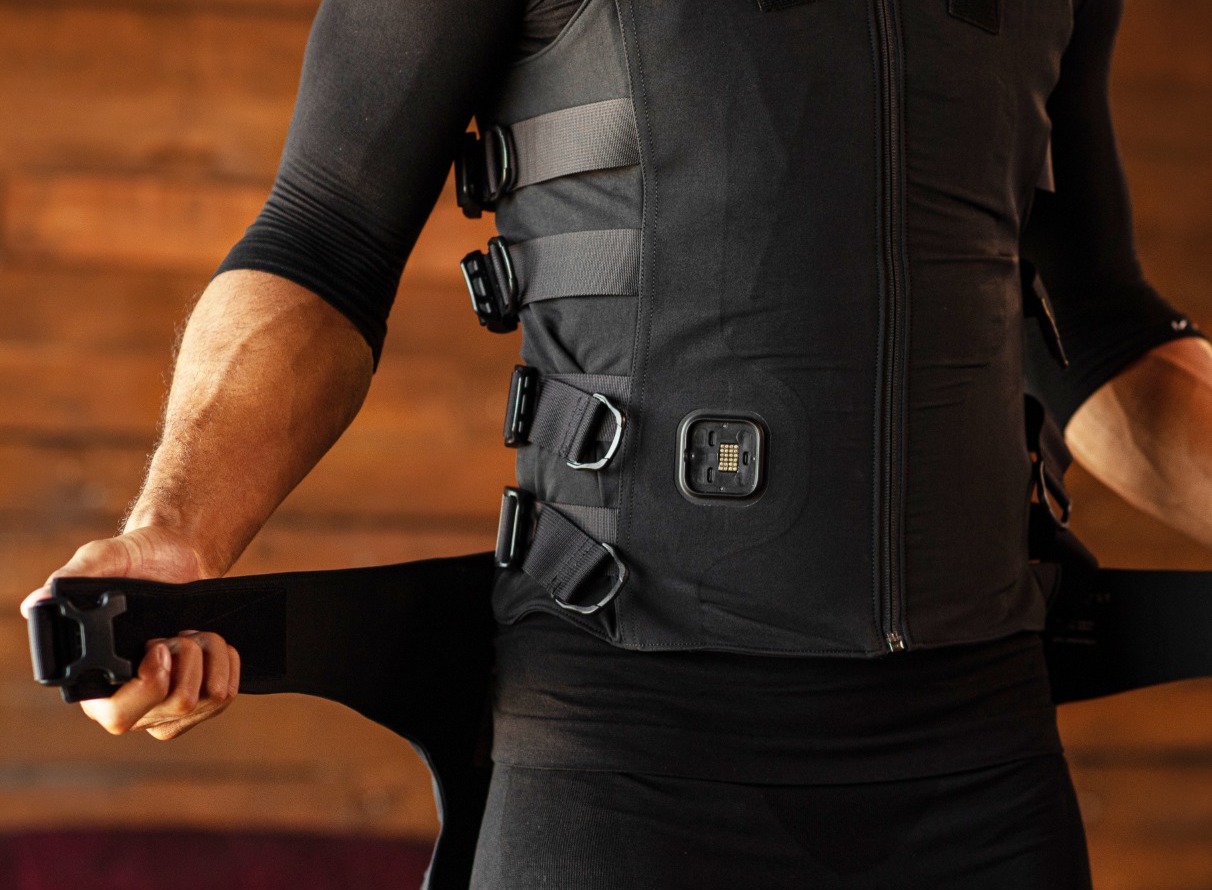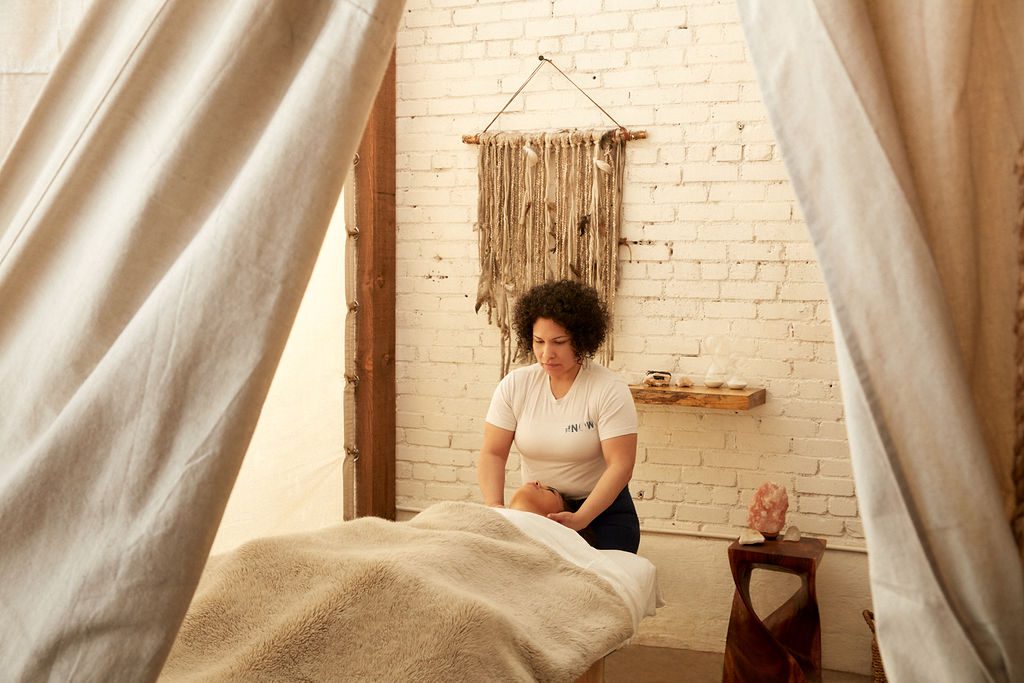As electrical muscle stimulation (EMS) fitness sparks interest with exercisers and investors, Katalyst is looking to cash in.
Leading the Charge
EMS training puts exercisers in a suit or sleeves that deliver low-frequency impulses. Imitating muscle activation signals from the brain, the pulses add intensity without physically increasing the load on the body — said to promote a more efficient and effective workout.
Popularized through physical therapy clinics in Europe, over the past five years, EMS has extended from rehab to performance and functional movement. Promising results through 20-minute sessions, dedicated EMS studios now number 13K globally, with 2.5K in Germany alone.
The latest: Katalyst, an EMS fitness company, raised $26M in a Series A round led by Stripes.
Founded as a studio concept in Seattle, the startup pivoted to consumer products, receiving FDA approval for an at-home suit and on-demand functional fitness platform. With a waitlist of 75K, the brand is targeting high-performers as well as some 50% of Americans who experience MSK pain.
In a conversation with Katalyst CEO Bjoern Woltermann, he stressed the potential of EMS as a solution for getting all Americans moving:
“Full-body EMS has the potential to change the statistics because it lowers the time and ability barriers to fitness while increasing the ROI of working out, improving strength, mobility, vitality, and overall health.”
Efficiency over Everything
EMS training also aligns with trends in fitness, connected hardware, and movement health. Americans are largely sedentary, don’t believe they have enough time to exercise, and want a minimal effective dose for staying fit.
Operators across brick-and-mortar and digital fitness are taking notice:
EMS. Still nascent in the US, Katalyst can only scale as fast as it can receive semiconductor chips (about 1,200 Suits shipped so far). Meanwhile, European at-home competitor PEPPER launched earlier this year, and EMS studio franchise Ohm Fitness plans to open 43 more US locations by the end of 2023.
Rowing. Even as the connected bike boom faltered, connected rowing wars have stayed hot by touting workouts that work 86% of the muscles in the body in a 20-minute workout. In recent weeks, Peloton opened preorders for its rower, Hydrow downsized its machine to be more affordable, and Ergatta took its gamified experience to the UK.
Strength. In the physical realm, bootcamp-style classes are up 11% vs. pre-pandemic — as such, Orangetheory Fitness and Barry’s have pressed expansion. Changing the game for smart strength, OxeFit and Speede Fitness have tapped AI for highly effective isometric exercises.
Looking ahead: Most Americans aren’t familiar with EMS fitness, but a majority are willing to explore new wellness modalities… as long as they can see and feel the results. The bigger challenge? Proving that EMS isn’t just another “here today, gone tomorrow” fitness fad.
 Katalyst
Katalyst


